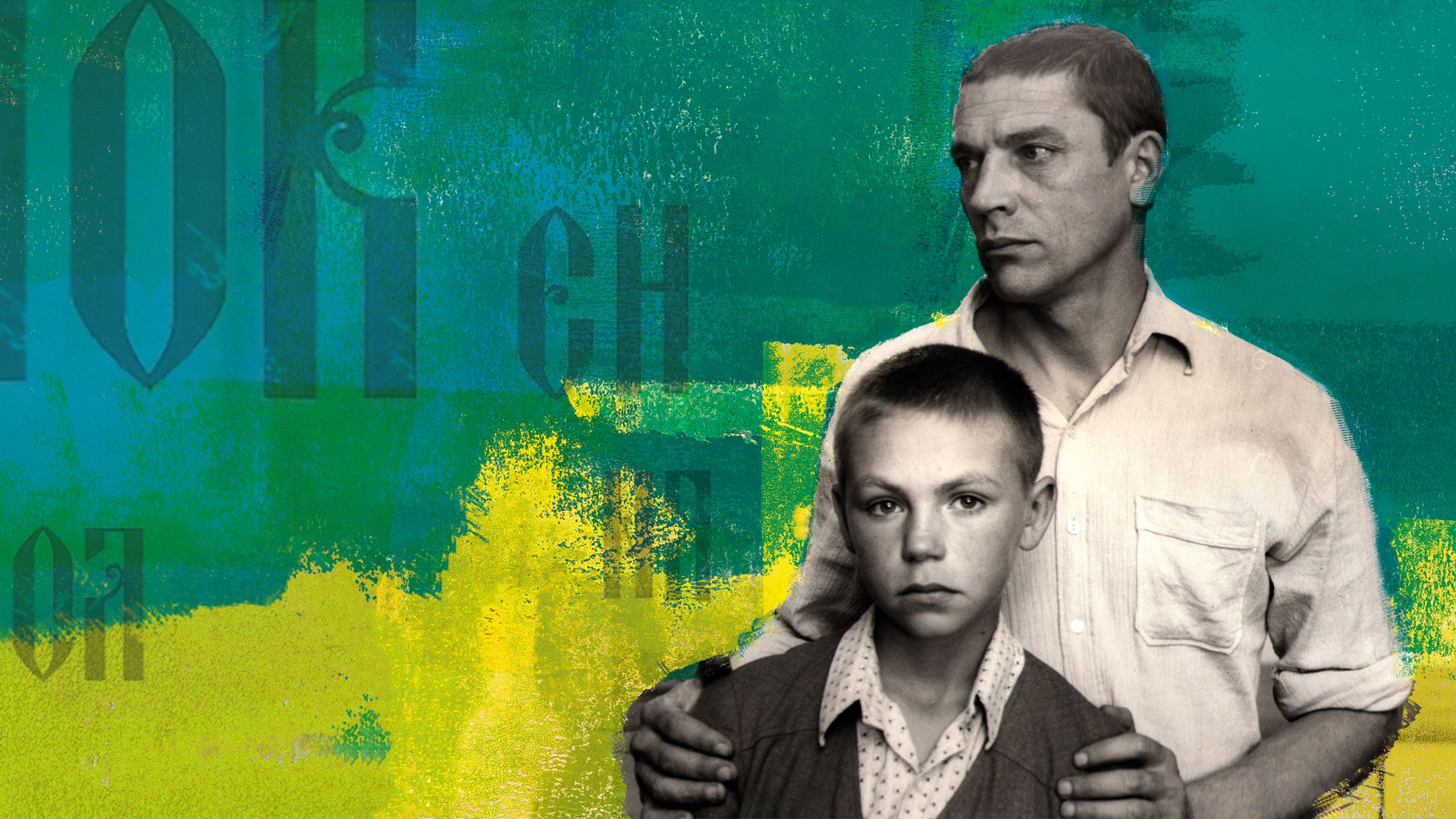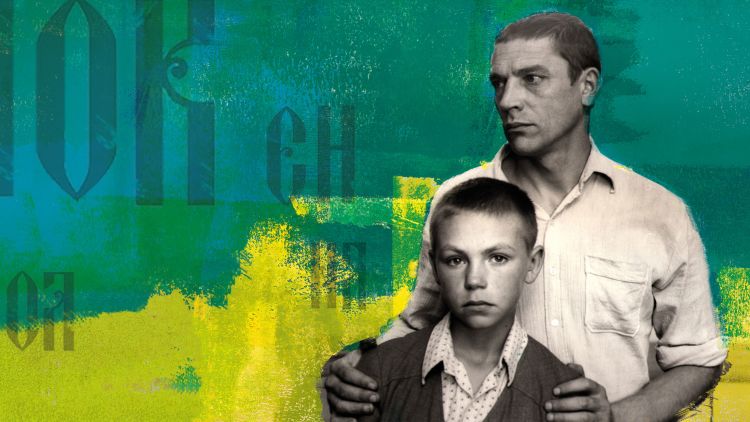ScreenNotes: Generations: Russian Cinema of Change
Explore key moments in Russian history and the films in the season in our interactive timeline.

The world’s largest country has undergone profound upheaval in recent history. The early idealism of the 1917 Revolution, suppressed during Stalinism, was revived in the relatively liberal Khrushchev’s Thaw of the ‘60s. The following Brezhnev era of stagnation ended with the perestroika, before the turbulent ‘90s and the contemporary political moment.
In Generations: Russian Cinema of Change, we follow the lives of young people at key points in Russian and Soviet history, showing how these moments raised, in new ways, old questions: what sort of person should you be? How can you be a good citizen amidst such social and political change?
Generations: Russian Cinema of Change is curated by the Barbican and New East Cinema and takes place from 26–30 September.
A Severe Young Man (1935)
Dir: Abram Room
In the 1930s, when the newly formed Soviet Union was sharpening its ideas, Vilnus-born director Abram Room made this unorthodox film in collaboration with one of the most prominent Soviet novelists, Yury Olesha.
As with Room’s well-known Bed and Sofa, an improbable love triangle emerges when a young communist falls in love with a rich married woman. Chiselled athletes laze before ancient Greek and Roman statues and architecture as they ponder the values of the ideal New Soviet Man, in sequences that veer towards the surreal.
Banned shortly after its release for deviating from social realism, it would not be seen again until after the fall of the Soviet Union in 1991.
Goodbye, Boys (1964)
Dir: Mikhail Kalik
One of the ‘unrehabilitated’ Soviet directors, Mikhail Kalik spent time in a gulag and was released after Stalin’s death. He emigrated to Israel in 1970, after which it became taboo to speak about Kalik’s films. References to him as a director were strictly prohibited and his films disappeared entirely from mass audiences.
One of Kalik’s almost-forgotten masterpieces, Goodbye, Boys is a lyrical and cynical Black Sea-set coming-of-age story that depicts a group of boys in the face of World War II. The score, written by the much-loved Soviet composer Mikael Tariverdiev, sparkles from the opening scenes; its tone of light-heartedness juxtaposing the story of young friends who are helpless in the face of fate.
Lenin's Guard (1965)
Dir: Marlen Khutsiev
Georgian born director Marlen Khutsiev is best known for his cult films encapsulating the mood of ‘the Thaw’, a short period of relaxation in government control following the death of Stalin, led by Nikita Khrushchev.
In Lenin’s Guard, three young friends meet in post-war Moscow and discover a new society characterised by openness, liberalisation and optimism. Rare images of Soviet youth culture are captured with New Wave elements, including a party scene featuring a young Andrey Tarkovsky.
Upon completion this film was heavily censored, trimmed and retitled.
Tough Kids (1983)
Dir: Dinara Asanova
What are boys, and what is the nature of teen crime?
These are the questions that director Dinara Asanova asks as she investigates the lives of young offenders. Set in the early 1980s, as economic stagnation has led the Soviet Union to near collapse, her film tells the story of a summer camp set up to help young offenders, attempting to provide hope and guidance to a lost generation of 'bad boys'.
A Kyrgyzstani-Soviet film director, Asanova was outspoken about social issues in the Soviet Union, and yet surprisingly none of her films were shelved. They were successful and popular in Soviet Union but remain largely unknown to Western audiences.
Brother (1997)
Dir: Alexey Balabanov
An atmosphere of hostility and emptiness arose in early post-Soviet Russia as the fallen regime was replaced by monumental chaos, crime and poverty. Gangsters and musicians ruled, and brute force became the most valuable commodity.
Director Alexey Balabanov saw himself as the ‘anti-establishment rock'n'roller of Russian film’. This cult film, and its protagonist - the iconic figure of Danila Bagrov - become an inspiration for young people. That said, many feel this is for the wrong reasons, with the film being accused of inadvertently promoting neo-nationalism.
The Student
Dir: Kirill Serebrennikov
After the collapse of the Soviet Union, the once persecuted Russian Orthodox Church gained new power and became a defining characteristic of Russian identity. This film tells a story of a teenager who rebels not through dress or music, but through ritual – by following a rigid code of conduct based very strictly on the Bible.
Kirill Serebrennikov is one of the most prominent theatre directors, founder of The Gogol Centre (Russia’s leading avant-garde theatre in Moscow), and a film-maker who is currently under house arrest for allegations of masterminding a fraud involving state funding.
Listen
Our Head of Cinema Gali Gold joins Generations co-curator Olya Sova from New East Cinema in conversation in this episode from the Barbican Cinema podcast.
Generations: Russian Cinema of Change
26–30 Sep
Defiant, electric and subversive, this season of cult and landmark films charts an extraordinary century of change in Russia.
The films follow the lives of young people at key points in Russian and Soviet history, showing how these moments raised, in new ways, old questions: what sort of person should you be? How can you be a good citizen amidst such social and political change?
Part of The Art of Change, a season which explores how the arts respond to, reflect, and potentially effect change in the social and political landscape.


